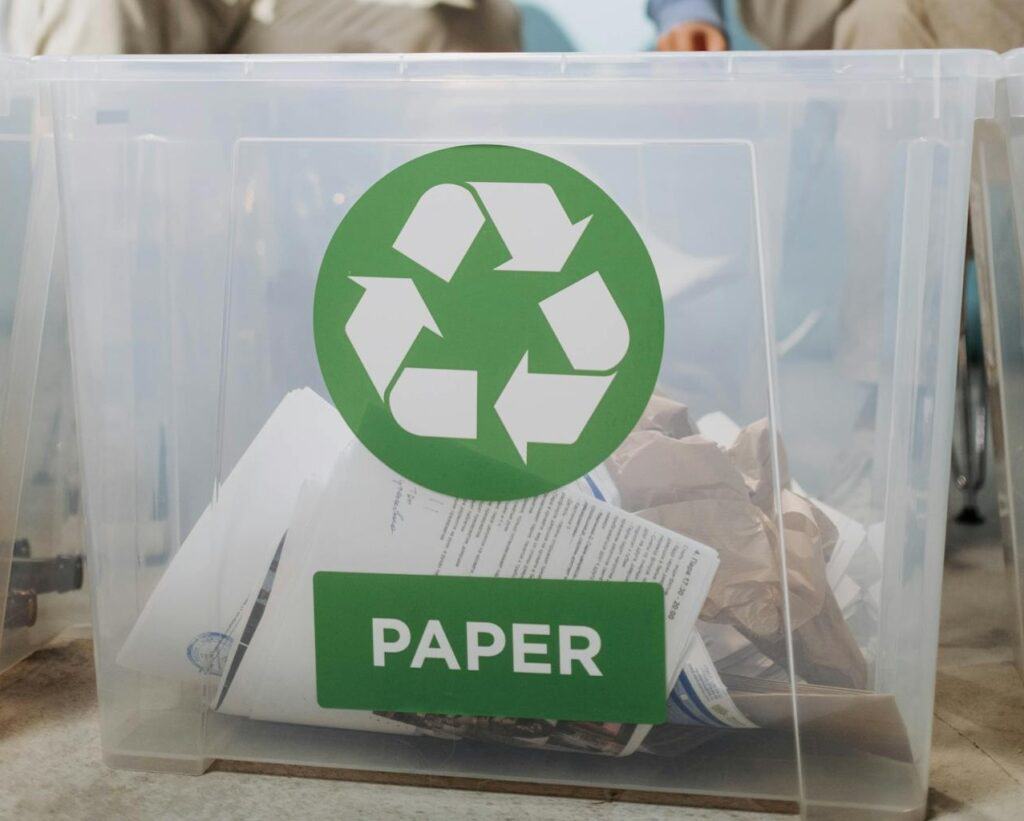If you’ve paid any attention to the news, business or otherwise, over the past decade, then you’re bound to have noticed the trend sweeping across the globe. Though there are still some pockets of debate, the majority recognises the reality that climate change is being caused by humans, and has the potential to do extensive damage to not just wildlife but how we live our lives.
The majority of the carbon emissions changing our world is not caused by the average person or consumer. It’s industry that’s doing the brunt of the damage, which also means it’s up to industry to reverse it how it can. As such, we’re going to look at the reasons to reduce your carbon footprint, as well as how you can start.
The case for reducing your business’s carbon footprint
The carbon footprint is effectively an estimate how much greenhouse gas emissions can be tied to the operation of your business. It includes not only how much carbon emissions you and your team actively make, but also the carbon footprint of the services and other businesses you rely on. It counts for everything from electricity use to fleet gas usage.
Naturally, the single best reason to reduce your carbon footprint is to reduce the impact that your business has on the environment and to help tackle climate change. However, another reason is that it’s becoming more economically viable. Over 1-in-5 consumers all believe that companies should be actively help to improve the environment.
The economic answer
In fact, 73% of millennials, who will continue to become the dominant consumers over the coming generation, are willing to spend more money on sustainable goods. As such, the concerns about the higher costs of more sustainable business may not strictly be well-supported.
In fact, many of the means to reduce your business’s carbon footprint can actually end up reducing your costs. Cutting out costly, fuel-consuming parts of the supply chain and replacing more inefficient appliances and fixtures in the business property can save a lot of money.
It may be inevitable
There is also the fact that you may soon be required to make the necessary changes, anyway. Though it’s not certain, the UK, EU, and governments across the world are consistently trending towards more environmentally sustainable policy, including tighter regulations on business. These regulations could soon have more to say on how much carbon emissions your business can produce. Reducing your carbon footprint now could, in fact, help you get ahead of the curve that is coming for all industries.
Reducing your carbon footprint
Hopefully, the above has given you plenty of reason to consider getting on board with the effort to reduce carbon emissions throughout your business. But how do you do it? Implementing new technologies that rely on renewable energies may be the key. There are plenty of renewable energies, including solar and ground heat pumps that could help supply some or even all of the power for your business premises.
There’s also the carbon footprint behind the use of paper to consider, as well. Besides the deforestation concerns, there are a lot of resources needed to produce, transport, and recycle paper. You could reduce your business’s part in that by going paperless. Digital storage is much more convenient, can be less costly in the long-run, and can even be safer thanks to the use of Cloud servers and backups.
There are also sustainable changes you can make to many basic appliances and fixtures in the office. Replacing all your halogen light bulbs with LED alternatives might be a cost in the short-term, but LED bulbs last significantly longer, and use less energy in the meantime. Though not directly connected to your carbon footprint, many businesses are also making use of water-saving technology in their bathrooms.
Most importantly, you should look at your supply chain. See if the businesses your rely on for the products and services you use are as committed to reducing their carbon footprint as you are. Otherwise, you may never have as much of a positive impact on the environment as you want.
Businesses must lead the way
Businesses contribute to the vast majority of both waste and carbon emissions. They have an impact on the environment that no consumer will ever be able to match. Not only do businesses have much greater energy needs, but they produce the goods that make up a greater part of the consumer’s own footprint.
As such, it’s up to business owners to be the leaders in changing our relationship with carbon use, or we may never achieve the kind of systemic change we need across the board.








